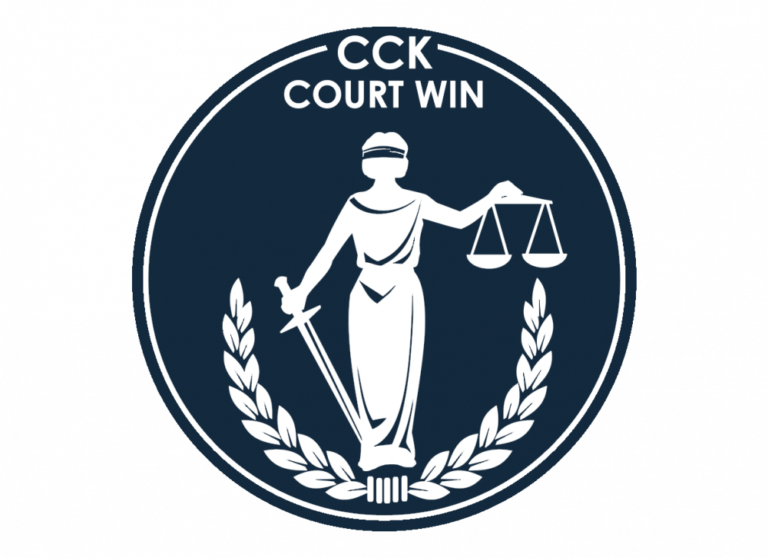Denial of Service Connection for Hypertension Secondary to Agent Orange Exposure Contained Legal Error

CCK Law: Our Vital Role in Veterans Law
Summary of the Case
The Veteran served in the United States Navy from June 1969 to March 1973, including service in Vietnam. In October of 2014, the Board of Veterans’ Appeals remanded the Veteran’s claim for service connection for hypertension. In this remand, the Board instructed VA to obtain an examination for his hypertension. Specifically, the VA examiner was required to address whether the appellant’s diabetes mellitus aggravated his hypertension and determine whether it is at least as likely as not that his hypertension is otherwise etiologically related to his period of active military service. In November of 2014, the Veteran underwent this examination and was later denied service connection.
Board denies service connection for hypertension secondary to Agent Orange exposure
In June of 2017, the Board issued a decision denying the Veteran’s claim for service connection for hypertension as secondary to Agent Orange exposure. In its decision, the Board relied heavily on the November 2014 examination. Specifically, the examiner opined that the Veteran’s hypertension was less likely than not due to service insofar as the Veteran’s records did not show any in-service treatment for hypertension, or an in-service diagnosis of the condition.
CCK appeals hypertension denial to the Court
CCK successfully appealed to the Court of Appeals for Veterans Claims the Board decision that denied service connection for hypertension. CCK filed for a panel review of the appeal, arguing that the appeal raised the issue of whether the Board is required to consider the Veterans and Agent Orange: Update in adjudicating service connection claims of veterans exposed to herbicides. Furthermore, CCK challenged that the Board should be charged with institutional knowledge when deciding appeals. Overall, CCK emphasized that the Board erred by not considering his conceded herbicide exposure in the context of his service connection claim for hypertension.
CAVC remands the case for readjudication
While the Court declined CCK’s request for panel review, it did find that the Board made a legal error. Namely, the Court found that the Board gave inadequate reasons and bases for relying on the 2014 VA examination. Furthermore, the examination only addressed direct service connection because the “examiner noted only that she considered the appellant’s service treatment records, rather than looking at the appellant’s military service more broadly, including personnel records, his statements, and other circumstances of his service”. Therefore, the examiner failed to provide adequate reasoning to support her conclusion and did not comply with the Board’s remand instructions. As such, the Court remanded the Veteran’s case back to the Board for readjudication.
About the Author
Share this Post
